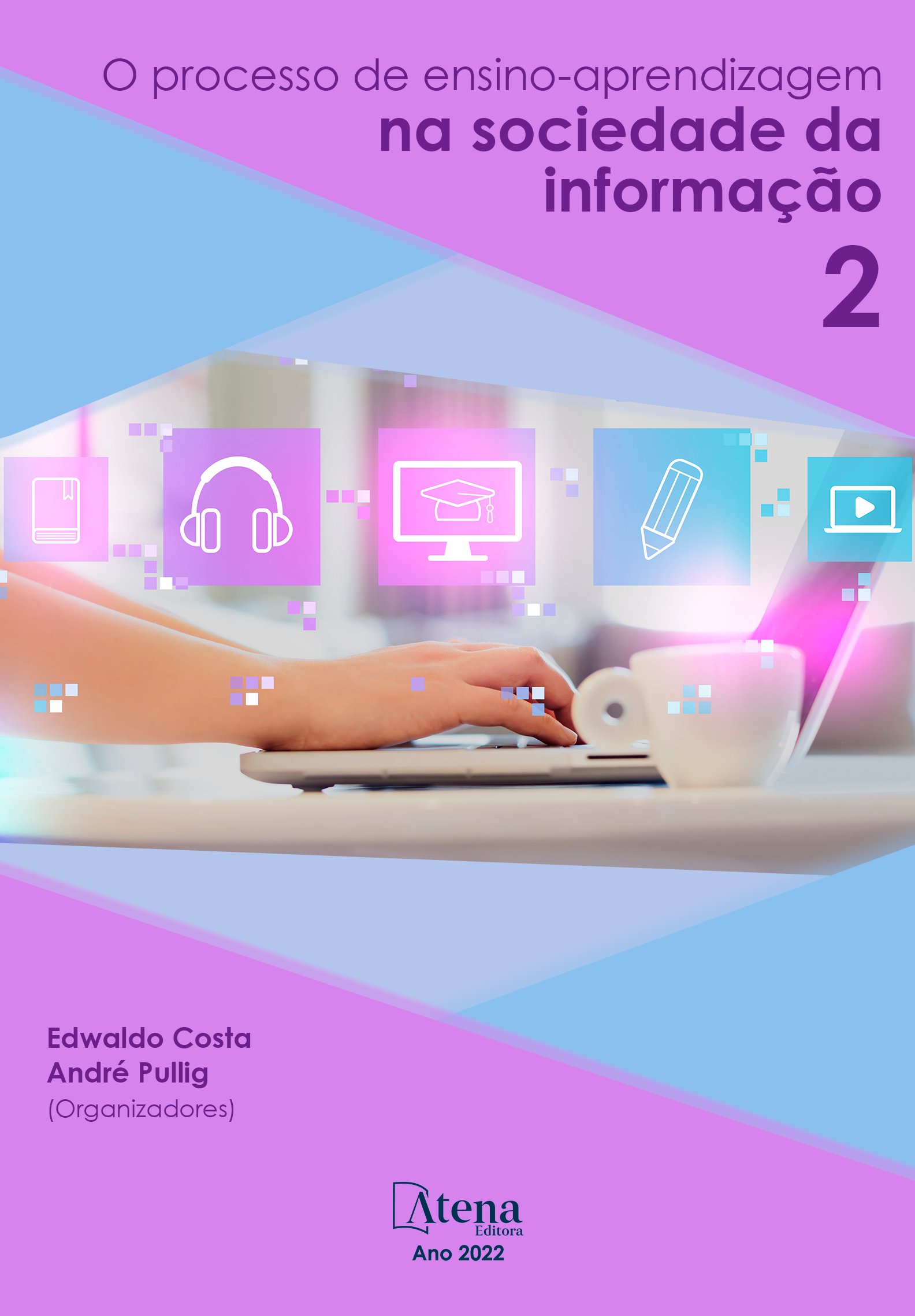
O uso de Ferramentas Tecnológicas para o Ensino de Biologia Celular nos Cursos de Ciências Agrárias na Modalidade de Ensino Remoto Emergencial – ERE
A educação remota emergencial tornou-se alternativa primordial para dar-se continuidade as aulas e tentar sanar o processo perdido em meio a pandemia do Covid-19. Ambientes virtuais de aprendizagem mediaram o processo de ensino e aprendizagem na educação adotando as modalidades assíncrona e síncrona. Mesmo que muitas Instituições de Ensino Superior tiveram que se adaptar com o novo desafio. A acessibilidade digital torna-se imprescindível neste contexto, para permitir que todos os estudantes, incluindo estudantes com deficiência, tenham acesso ao aprendizado de forma igualitária. Este trabalho apresentou algumas reflexões sobre a disciplina de Biologia celular, nos cursos de agronomia e engenharia florestal da Faculdade de Ciências Agrárias da Universidade Federal do Amazonas na ação de ensino remoto emergencial (ERE). O objetivo deste trabalho foi apresentar de como os discentes têm manuseado os desafios da tecnologia em relação as aulas Remotas enfrentados durante a pandemia nas aulas de Biologia Celular. Como procedimento metodológico adotou-se uma pesquisa exploratória baseada no levantamento de referências bibliográficas em livros, artigos científicos em base de dados, além de aplicações de questionários com perguntas abertas e fechadas referente a disciplina, com duas turmas de discentes de diferentes cursos. Desta forma pode-se analisar de modo significativo, positivo e reflexivo a experiência da metodologia remota, que trouxe um modelo educacional, mediado pelas tecnologias da informação, totalmente novo e que precisa ser aperfeiçoado dentro do processo educacional de Ensino-aprendizagem, mostrando que, o preparo profissional do professor e de seu aluno precisam estar atrelados a metodologia de uso das novas tecnologias e que é preciso reformular e adaptar conteúdos e práticas disciplinares para esse processo de forma a englobar a todos.
O uso de Ferramentas Tecnológicas para o Ensino de Biologia Celular nos Cursos de Ciências Agrárias na Modalidade de Ensino Remoto Emergencial – ERE
-
DOI: 10.22533/at.ed.73822020215
-
Palavras-chave: Educação, ensino remoto, Biologia Celular
-
Keywords: Education, Remote Learning, Biology Cell
-
Abstract:
The emergency remote education became the primary alternative to continue the classes and try to repair the process lost in the midst of the Covid-19 pandemic. Virtual learning environments have mediated the teaching and learning process in education by adopting asynchronous and synchronous modalities. Even though many Higher Education Institutions had to adapt to the new challenge. Digital accessibility becomes essential in this context, to allow all students, including students with disabilities, to have equal access to learning. This paper presents some reflections on the subject of Cell Biology, in the agronomy and forestry engineering courses at the Faculty of Agricultural Sciences of the Federal University of Amazonas in the action of emergency remote teaching (ERE). The objective of this work was to present how the students have handled the challenges of technology in relation to remote classes faced during the pandemic in the lessons of Cell Biology. As a methodological procedure we adopted an exploratory research based on the survey of bibliographic references in books, scientific articles in databases, in addition to the application of questionnaires with open and closed questions regarding the subject, with two classes of students from different courses. This way, the experience of the remote methodology can be analyzed in a significant, positive, and reflective way, bringing an educational model, mediated by information technologies, which is totally new and needs to be improved within the teaching-learning educational process, showing that the professional preparation of the teacher and his student need to be linked to the methodology of using new technologies, and that it is necessary to reformulate and adapt contents and disciplinary practices for this process in order to include everyone.
-
Número de páginas: 14
- Maria Lucidalva Ribeiro de Sousa
- João Vitor Castro de Lima
- Luana Priscilla Roque Moura
- Adriana Dantas Gonzaga de Freitas


